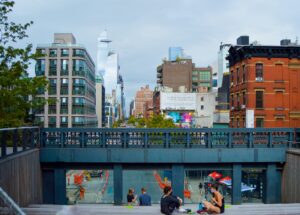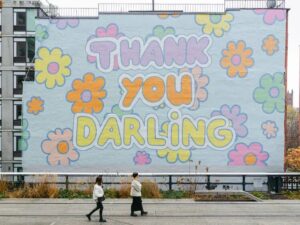Instead of desperately trying to reduce road congestion in the short term, politicians should be using traffic as a tool for making urban transport more sustainable, writes Phineas Harper.
New research claims London’s roads are the most congested in the world. But rather than wasting money and emissions building new roads in self-defeating attempts to reduce the time that Londoners who drive spend in traffic jams, politicians should be doing the exact opposite. Managed strategically, congestion is critical in supporting the transition to safe, sustainable transport.
Car horns, as every wannabe driver learns (then instantly forgets), can only be legally used in the UK “to warn other road users”. “Never sound your horn aggressively” declares the British Highway Code, yet the bleating of horns punched by frustrated drivers venting fury at learners hesitating, cyclists existing, or some other minor inconvenience is a frequent feature in the soundtrack of city life.
Managed strategically, congestion is critical in supporting the transition to safe, sustainable transport
New census data has revealed that just 20 per cent of Londoners commute by car and 41 per cent of London households have no car at all. Yet despite this relatively low level of car ownership, the city is disproportionately designed to incentivise driving. At nearly 20,000 hectares, 12.4 per cent of land in the capital is taken up by roads – significantly more than the just 8.8 per cent of London currently used for housing.
Read the full article on dezeen
Author: Phineas Harper
Recommended by Stephanie Cheung











More Stories
Security by Design: Protection of public spaces from terrorist attacks
Plaza de la Vila in Sencelles by Moneo Brock
The Council for European Public Space presents new perspectives for a European public sphere